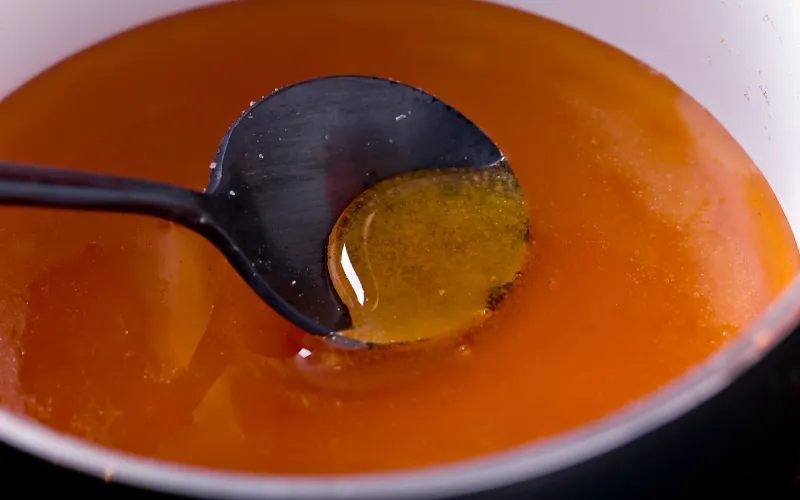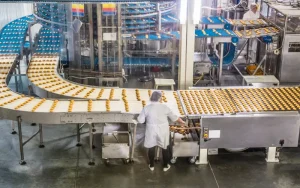Industrially produced foods undergo several chemical reactions. Fermentation, pasteurization, cooling, and caramelization are among the most common. The latter process is particularly important in the manufacture of fruit puree.
Currently, the market offers a wide range of products containing this ingredient. Yoghurts, beverages, jams, and bakery products are a few examples. Consequently, it is critical to properly caramelize the raw material or, if required, avoid its emergence.
Strategies to manage caramelization properly
Do you use products containing fruit puree? Then, get to know the right procedures to caramelize it successfully. Alternatively, learn how to prevent this chemical process from being triggered.
Time and temperature control
This process happens when simple carbohydrates reach and exceed their melting point. In the food industry, carbohydrates are heated to temperatures exceeding 120 °C using reagents that promote caramel color and aroma.
Thanks to food technology, automated systems continuously monitor these processes. Depending on the temperature and heat exposure time, it is possible to obtain different points or shades in the caramel.
Using antioxidants to prevent caramelization
Fruit-based inputs often include lemon juice, which contains citric and ascorbic acid. Both chemicals act as antioxidants that inactivate the enzymes responsible for browning. In addition, the increased acidic environment alters the pH of the fruit so that it browns more slowly.
Apply scalding
To quickly inactivate the enzymes responsible for fruit browning, this technique involves immersing the fruit in boiling water or subjecting it to steam for a few minutes. Additionally, during the process, self-adhesive plastic films are applied to minimize the contact of the pulp with oxygen, which prevents oxidation.
Immerse in cold water
Certainly, this is the simplest procedure to avoid excessive enzymatic browning. To create a low-oxygen environment, the process involves slicing the fruit pieces and submerging them in cold water.
Caramelization: tips to avoid issues in culinary processes
Perishable food tends to decompose quickly. In order to avoid this, it is necessary to implement suitable processes in the food industry. Some of these processes are pasteurization, cooking, or refrigeration.
In this sense, always use inputs in optimal conditions and with the appropriate processing to prevent any problems in the preparation of your gastronomic products. Additionally, adhere to these recommendations, which will assist you in guaranteeing the optimal quality of your fruit purees:
- Ensure that the fruit is 100% natural, seasonal, cultivated without harmful agrochemicals.
- Handle purees with utmost care during storage. They contain elevated levels of sugars and acids. This measure effectively avoids the formation of toxic chemicals throughout the processing stage.
- Perform the caramelizing process depending on your objective, whether it is to enhance flavor, taste, or textural properties.
Undoubtedly, the appropriate level of caramelization in fruit-based inputs impacts on the final quality of your business’s products. Keep this technique in mind if you want to use high-quality raw ingredients, such as those provided by Dream Foods.
Bibliographic references
- Arias, S., & López, D. (2019). Reacciones químicas de los azúcares simples empleados en la industria alimentaria. Lámpsakos, 22, 123-136.
- García, G. (2022, October 6). Qué papel juega la química en el procesado de alimentos. The Food Tech.






